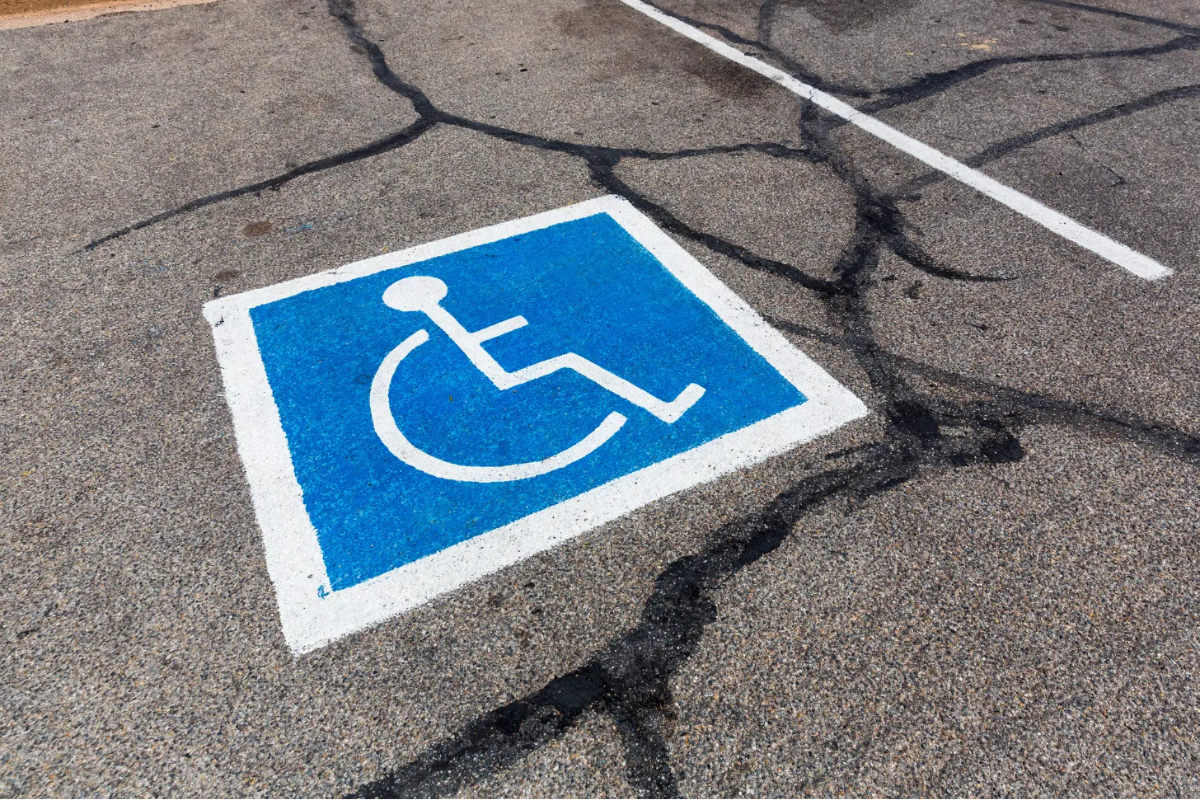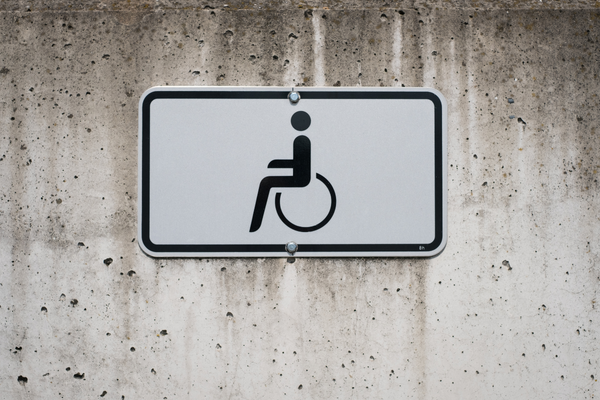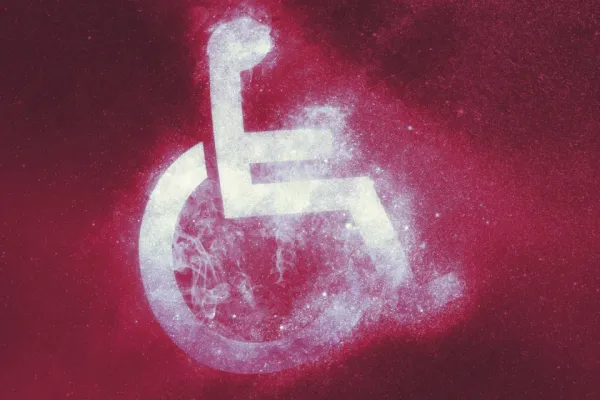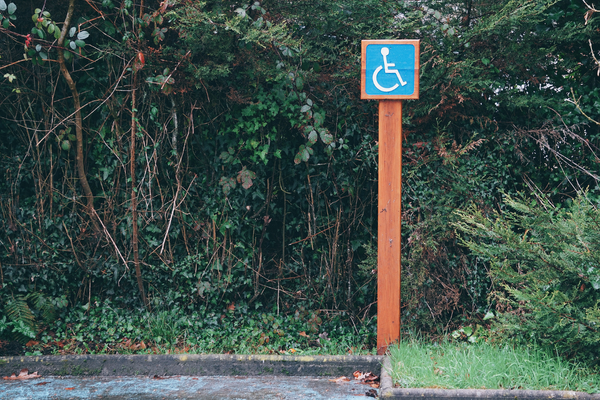1/8/25 - Medical debt, Medicaid cuts, and answering ableism


New federal rule will remove medical debt from credit reports
Elizabeth Schulze, ABC News - January 7, 2025
"The rule would erase an estimated $49 billion in unpaid medical bills from the credit reports of roughly 15 million Americans, the CFPB said."
Continuing with the cost of health care theme from yesterday ... This small but potentially significant reform is not a completely done deal. There could be "legal challenges." And no progress is certain with a new administration coming into office, particularly one that is generally hostile to consumer protection, and friendly towards the point of view and needs of business and finance. Still, taking medical debt out of credit score evaluations is an interesting example of a super-specific administrative change that might have a large, positive impact on disabled people's lives.
Why Medicaid cuts could be a ‘crisis’ for people with disabilities
Timmy Broderick, STAT - January 6, 2025
"The changes would dramatically alter states’ budgets and could curtail or end care for millions of people with disabilities. Two expensive programs in particular could be in the crosshairs: long-term care and home- and community-based services. This would be a crisis as these programs cater to the sickest Americans who would have dizzying out-of-pocket costs, said Katy Neas, CEO of The Arc, a nonprofit that advocates for people with intellectual and developmental disabilities."
We dealt with this back in 2017, when the first Trump Administration tried to cut and restructure Medicaid, and a broad coalition of disability organizations and activists help stop the effort. There will be plenty of opportunities in the coming months to explore Medicaid and related disability policy in more depth. This article is a good place to start, or re-start. But today I do want to share another quote from the piece, by Katy Neas. Here she beautifully explains why Medicaid is so important to disabled Americans:
“Medicaid is probably the one thing that helps people with disabilities or can help people with disabilities at every stage of their life,” she said. “It is the one place that pays for things that nobody else pays for.”
Before we get too far into the fight to protect Medicaid for disabled people, it's vitally important that we and everyone else get clear in our heads why, exactly, we have to do this.
11 Ways to Respond When Someone Insults a Loved One’s Disability
Angela Haupt, Time - January 6, 2025
"It’s important to speak up when someone rudely comments on or otherwise insults a person’s disability, Neas says. (Unless, of course, your friend or family member doesn’t want you to. Some people with disabilities are perfectly capable of and prefer defending themselves, or would rather avoid a scene.) “We need to stand up to the haters, and we need to outnumber them,” she says. But how? We asked Neas and other experts exactly what to say when someone mocks your or a loved one’s disability."
Sort of by accident, I picked another article that prominently quotes Kathy Neas, the CEO of The Arc, one of the most prominent organizations representing people with intellectual and developmental disabilities. It's also worth noting that the advice here is mostly addressed to presumably non-disabled family and friends of disabled people – though the writer does a pretty good job of acknowledging this up front and reminding us that disabled people often advocate for themselves, and may even prefer to do so on their own, without unsolicited help. All that aside, it's always worth having a look when anyone offers up a new list of tips for responding personally to ableism. And while I don't always vibe with all of such tips, I rarely run across any I completely disagree with. So much depends on the disabled person involved, who might be advocating for or with them, who said the thing, what they said, the situation itself, and most importantly, what the people involved want to achieve in speaking up. The answer to that question isn't always obvious.
Disability Thinking Weekday is a Monday-Friday newsletter with links and commentary on disability-related articles and other content. Please like, share, comment, and subscribe — for free, or with a paid subscription. Benefits of paid subscription include:
- A monthly recap with links to all of the previous month's shared articles, organized by topic.
- Listing as a supporter, and a link to your website if you have one.
- You can recommend one disability-related article for me to share per month in a weekday post.
I am so grateful for your help and engagement, in whichever forms you choose!



